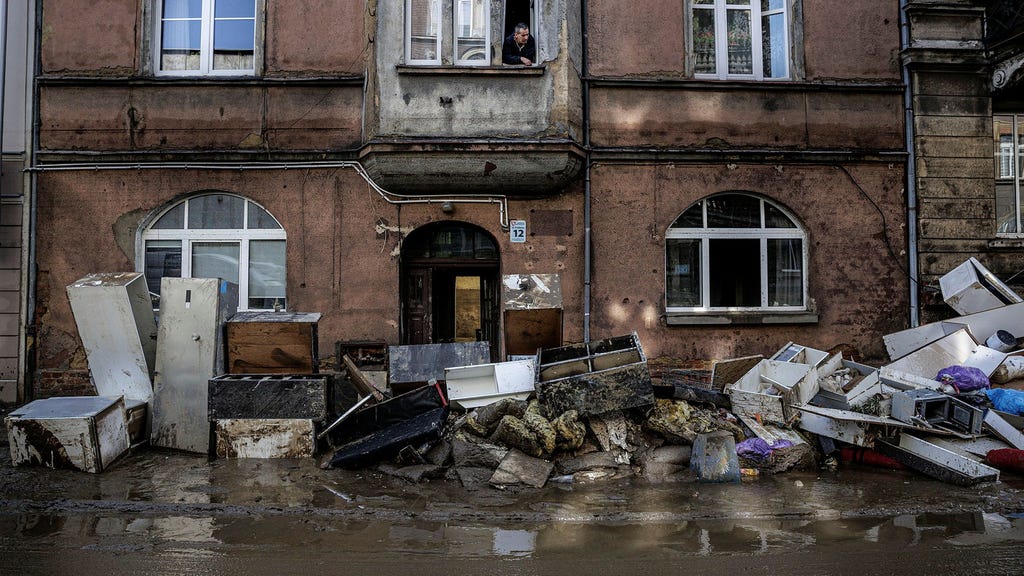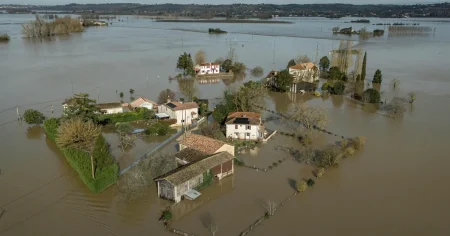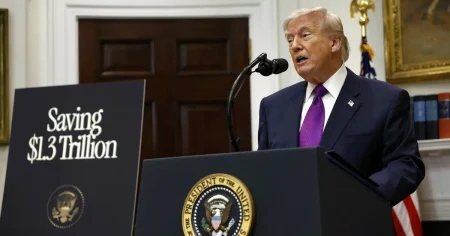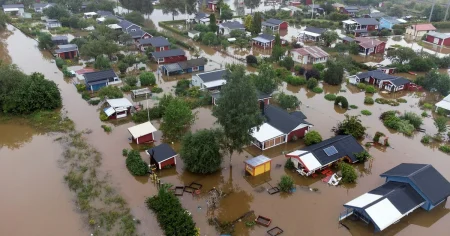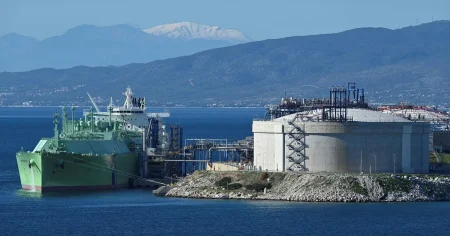The United Nations’ latest Emissions Gap Report paints a stark picture of the disconnect between nations’ stated climate ambitions and their actual progress in reducing greenhouse gas emissions. While many countries have pledged ambitious targets, the report highlights a significant gap between these promises and the concrete actions being implemented. This discrepancy raises serious concerns about the world’s ability to limit global warming to the Paris Agreement’s goal of well below 2°C, preferably 1.5°C, above pre-industrial levels. The report emphasizes the urgent need for a substantial increase in global efforts to mitigate climate change, warning that current policies put the world on track for a temperature rise of approximately 2.8°C by the end of the century. This trajectory presents a grave threat, potentially triggering irreversible climate tipping points and exacerbating the devastating impacts of climate change already being felt worldwide.
Despite the concerning gap between ambition and action, the report offers a glimmer of hope. For the first time, global greenhouse gas emissions appear to have plateaued, suggesting a potential peak. This stabilization, while a positive sign, is far from sufficient. The plateau is occurring at a dangerously high level of emissions, and to avert catastrophic climate change, a rapid and sustained decline is essential. The report stresses the importance of transforming national climate pledges into tangible action, including rapid decarbonization across all sectors, particularly energy, transportation, industry, and agriculture. This requires implementing robust policies, scaling up investments in renewable energy and energy efficiency, fostering technological innovation, and promoting international cooperation.
The report delves into the complexities of closing the emissions gap, highlighting the crucial role of national policies and international cooperation. It emphasizes the need for strengthened Nationally Determined Contributions (NDCs), the core component of the Paris Agreement where countries outline their climate action plans. Current NDCs are insufficient to meet the Paris Agreement goals, and the report calls for more ambitious and comprehensive targets aligned with a 1.5°C pathway. This involves accelerating the phase-out of fossil fuels, promoting sustainable land use practices, and investing in climate adaptation measures. Furthermore, the report underscores the importance of enhanced transparency and accountability mechanisms to ensure that countries are delivering on their commitments.
Financing climate action is another critical aspect addressed in the report. Developed countries have a responsibility to provide financial support to developing countries in their efforts to mitigate and adapt to climate change. The report calls for fulfilling the commitment to mobilize $100 billion annually in climate finance, as well as scaling up investments in clean energy technologies and sustainable infrastructure. It highlights the importance of innovative financing mechanisms, public-private partnerships, and redirecting investments away from fossil fuels towards climate-friendly solutions. The report also emphasizes the need for effective governance structures to ensure that climate finance is used efficiently and transparently.
The report underscores the urgency of action, warning that delaying emissions reductions will only make achieving the Paris Agreement goals more challenging and costly. It emphasizes the interconnectedness of climate change with other global challenges, such as poverty, food security, and biodiversity loss. Addressing climate change effectively requires a holistic approach that integrates environmental, social, and economic considerations. The report calls for a fundamental shift in mindset, moving away from short-term, fragmented approaches towards long-term, integrated strategies that prioritize sustainability and resilience.
In conclusion, the UN Emissions Gap Report serves as a stark reminder of the significant work that remains to be done in the fight against climate change. While the potential peak in global emissions offers a glimmer of hope, it is crucial to recognize that this is only the first step. Achieving the Paris Agreement goals requires a fundamental transformation of our energy systems, economies, and societies. This requires translating ambitious pledges into concrete action, strengthening national policies, fostering international cooperation, scaling up investments in climate solutions, and embracing a long-term, integrated approach to sustainable development. The time for incremental change is over; transformative action is now essential to secure a safe and sustainable future for all.





